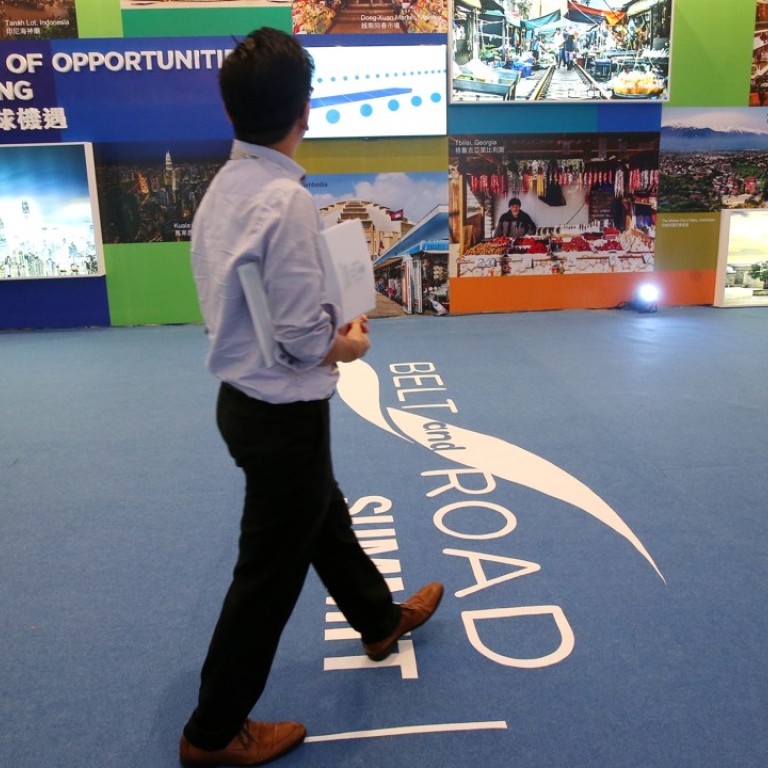
Challenges on China’s belt and road are real and many, and they point to a role for Hong Kong
Bernard Chan says experience shows cultural issues and community relations can be a worry for the Chinese companies and investors venturing abroad, and this is where Hong Kong, with its unique combination of business know-how and soft skills, can help
The initiative has also started to attract some controversy, for example, on the way infrastructure projects affect local communities.
Their experience is not only relevant to businesspeople planning to get involved in the belt and road, or other investments or contracts in new markets. They have something to teach us all about working across borders and cultures. They also offer us some ideas on how Hong Kong can contribute.
Watch: Highlights of the Belt and Road Summit in Hong Kong, 2018
One panellist was a well-known executive from Indonesia. She described how some Chinese companies building rail and other projects in her country were being criticised for bringing in their own workforce rather than hiring locally. She accepted that this practice – quite common among mainland construction companies – makes commercial sense. The Chinese workers are trained and can complete the work efficiently. But, inevitably, Indonesian labour groups and politicians have criticised the arrangement.
This is not simply about cost-effectiveness, but perceptions of social justice. Indonesia has a history of racial conflict, and anti-Chinese sentiment is a potentially explosive issue. The very clear lesson is that all parties have to look at the full social impact of business decisions.
Another panellist told of his experience as head of a Chinese state-owned group involved in rail construction in Kenya. As part of that project, his group is training around 1,000 Kenyans in rail management and some 5,000 to perform technical roles. It is also working with some 300 local companies.
Like any major infrastructure project, this deal encountered some problems – notably to do with land and compensation handled at government level. But as a major transport upgrade and an employer, the project is getting a very positive reaction from the local community.
A third panellist described his experience leading a mainland private-sector enterprise in integrating manufacturing activities across very different cultures. His company has operations in places as varied as Egypt, Sri Lanka and Belarus, and it has acquired businesses in Western Europe and Southeast Asia.

He said that investing overseas is relatively easy – but the hard part is ensuring consistency across such different cultural environments. His company has learned to be sensitive and adaptable. In one case in Malaysia, his company improved productivity (and neighbourhood relations) by building a mosque close to a factory.
This last case was a reminder that these problems are not new. For example, there is a history of Japanese and Korean management having labour problems in Southeast Asia because of cultural differences.
Although the belt and road has been a boost to many Chinese companies, cultural issues and community relations are a worry. If Chinese investors and contractors anger or upset local people, it affects the image of the country and indeed the Chinese leadership. There is a recognition that the initiative must be truly beneficial to all parties involved.
This is one area where Hong Kong can play a particularly useful role. The Indonesian panellist noted how Hong Kong has long played an essential middleman role – notably in helping Southeast Asian producers export to mainland and other markets.
Our expertise in legal, financial and other professional services is well known. But we also have unique cultural ties with the Chinese mainland, the rest of Asia and the West. We can offer a combination of business and “soft skill” expertise that is probably unavailable elsewhere. To people who can bring these things together, belt and road opportunities are very real and attractive.
Bernard Chan is convenor of Hong Kong’s Executive Council

